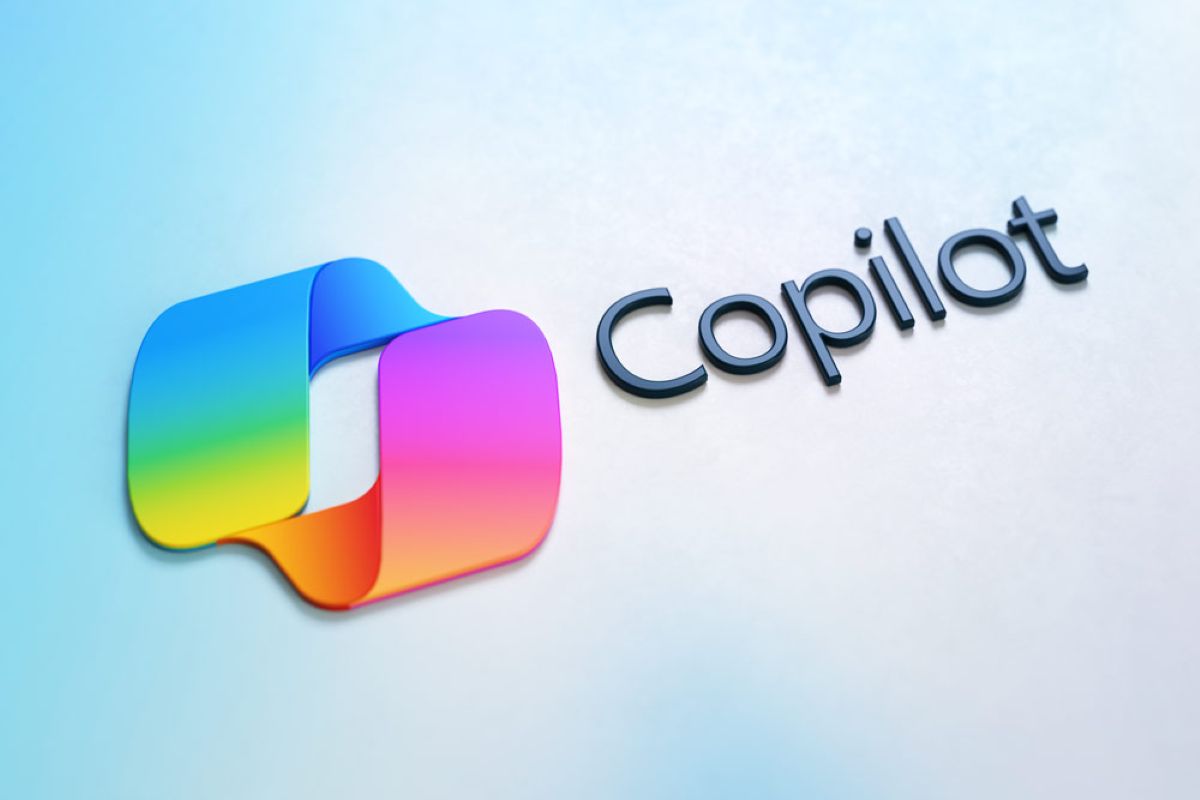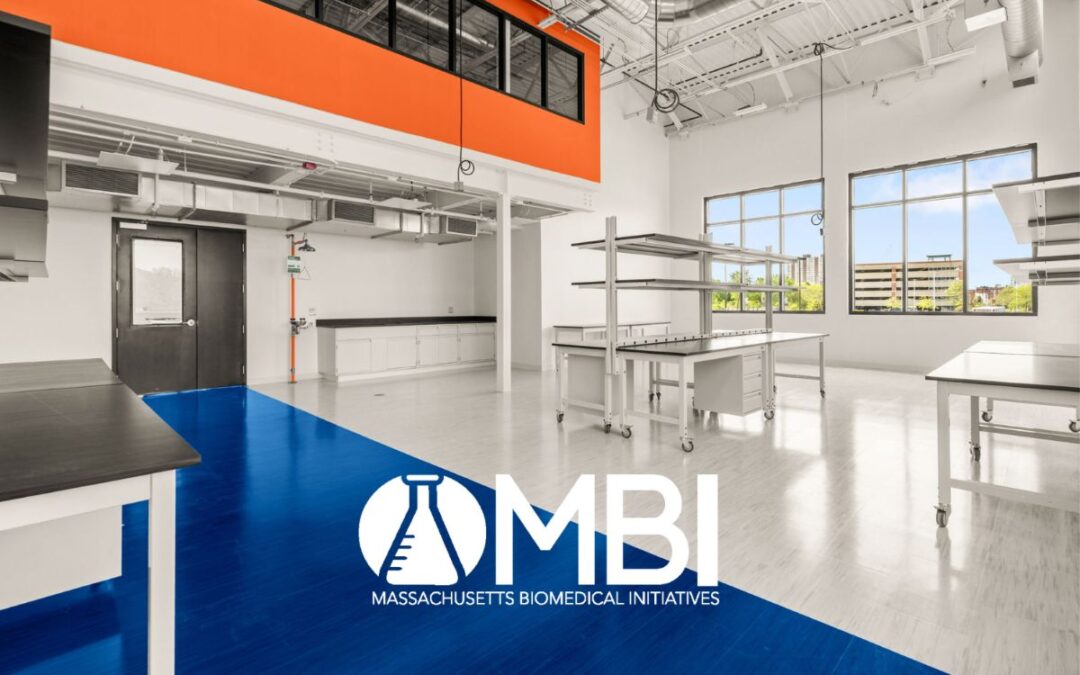Microsoft is reportedly preparing a major update to its Copilot AI assistant that will let it draw on licensed medical content from Harvard Health Publishing when responding to user queries about healthcare. The development signals a strategic shift toward embedding trusted medical knowledge into AI tools while raising technical, regulatory and trust questions as that shift unfolds.
A new licensing partnership with Harvard Health Publishing
According to multiple reports, Harvard Medical School has struck a licensing agreement with Microsoft to allow Copilot to access consumer oriented medical content produced by Harvard Health Publishing. This content covers disease overviews, wellness topics and other health information intended for a lay audience. In return, Microsoft is expected to pay Harvard a licensing fee.
The licensing agreement emerges as Microsoft seeks to reduce its reliance on OpenAI’s models and build greater independence in AI capabilities. Dominic King, the vice president of health at Microsoft AI, has been quoted as saying that Copilot’s aim is to provide answers that closely reflect what a user might receive from a medical practitioner, effectively raising expectations for reliability and clinical alignment.
While Microsoft itself has declined public comment on the deal, the move was first reported by the Wall Street Journal and then picked up in broader coverage of Microsoft’s health AI strategy.
What this means for Copilot’s medical competency
If implemented faithfully, the update could transform Copilot’s handling of health related inquiries. At present, Microsoft Copilot often draws on broad web sources and generalist language models. The Harvard license would anchor certain responses to vetted medical content, potentially improving accuracy, reducing hallucination, and increasing user trust.
However, major caveats remain. The Harvard content is consumer facing, which means it is not equivalent to clinical guidelines or peer reviewed research. It may not cover every condition or nuance, nor could it substitute for expert medical judgement.
Moreover, integrating licensed content into generative AI systems requires careful handling of context, updates, and versioning. The system must decide when and how to ground answers in Harvard content versus drawing on supplementary sources. In Microsoft’s Copilot roadmap, the idea of prompt grounding, which forces the system to cite or restrict itself to authorised content sources, is already present. For example, a recent Copilot update introduced a feature allowing users to ground prompts explicitly to a given data source.
Microsoft’s push into healthcare AI is not new. The company previously unveiled a healthcare agent service within Copilot Studio, enabling the construction of domain specific agents with embedded clinical safeguards, anchoring generative AI to medical content and compliance frameworks. Copilot’s healthcare ambitions also include DAX Copilot, which handles documentation, summarisation, and clinical workflows. Furthermore, Microsoft has released a specialised offering called Dragon Copilot intended to support clinicians by integrating notes, protocols, and medical topics, with responses grounded in medical sources.
Technical, regulatory, and safety challenges
While licensing Harvard content is a notable step, several obstacles lie ahead:
- Content freshness and updates
Medical knowledge evolves continuously. Ensuring that Copilot’s licensed content stays current with new clinical guidelines, research, and changes in disease management will be essential. Without frequent updates and maintenance, the model risks propagating outdated or deprecated information. - Scope and coverage limitations
Harvard Health Publishing’s consumer content may not fully cover rare diseases, complex cases, drug interactions, or intricate comorbidities. In such gaps, Copilot will need fallback strategies, whether defaulting to peer reviewed sources, curated clinical databases, or disclaimers. - Provenance, transparency and citations
For credibility, users may demand that Copilot explicitly cite its source when giving medical answers. Incorrect attribution or opaque blending of content could erode trust. The system must track provenance of claims and clearly distinguish between licensed Harvard content and supplemental data. - Regulation and liability
Medical advice delivered via AI tools can trigger legal and regulatory scrutiny. In many jurisdictions, providing health advice is subject to medical practice laws. Microsoft will have to structure disclaimers, guardrails, and compliance strategies. Moreover, if users follow Copilot’s advice and experience adverse outcomes, the question of liability looms large. - Safety, hallucination and misuse
Even with licensed content, generative models risk hallucinations, fabrications or putting misleading statements in context. AI systems must implement robust clinical safeguards such as omission detection, semantic validation, and anchor verification to reduce the risk of unsafe outputs. Microsoft has previously introduced clinical safeguards features in its healthcare agent service. - Privacy, security, and compliance
In a health setting, issues like patient data privacy, confidentiality and regulatory compliance are paramount. In U.S. settings, HIPAA compliance is critical. Microsoft already offers mechanisms for safe web content querying in Copilot within HIPAA constraints using Microsoft Graph connectors to ingest public content under organisational compliance boundaries. Any extension into medical domains must maintain, and even strengthen, those protections.
Strategic motivations and competitive context
Several strategic drivers underlie this Microsoft and Harvard move.
The first is differentiation in health AI. AI tools are proliferating, but few are anchored directly to reputable medical institutions. By licensing Harvard content, Microsoft gains a credibility advantage in health queries, an increasingly competitive niche.
The second is reduced dependence on OpenAI. Microsoft has been working to diversify its AI infrastructure beyond OpenAI. The Harvard deal is part of that pivot, giving Copilot unique proprietary content that is not just generative model outputs.
The third is improved user trust and adoption. One of the barriers to AI in medicine is user scepticism. Anchoring responses in Harvard content may foster higher adoption by clinicians, patients or health informed users who expect more reliability.
Yet Microsoft is not alone. Other companies and research groups are attempting to embed medical knowledge in generative systems. For instance, the academic clinical AI frameworks explore architectures to tailor general large language models to clinical consultation by modularising memory, reasoning and grounding. The Harvard license can be viewed as a pathway toward commercial realisation of those architectures.
What users and stakeholders should watch
Observers will be watching several aspects of this development closely. These include the timing and scope of the launch, whether Copilot clearly flags when it uses Harvard content, and how the system handles potential contradictions between Harvard material and other medical guidelines.
Other key points include how Microsoft incorporates feedback from clinicians and whether regulators require new forms of auditability or disclaimers. There is also the question of whether the deal might later expand to cover more advanced clinical data, which would increase both the opportunity and the risk.
Outlook: incremental advance, not instant doctor
The licensing of Harvard Health Publishing content for Copilot is neither a full clinical AI solution nor a substitute for medical professionals. Rather, it is a deliberate and strategic step toward embedding trusted medical knowledge into AI assistants.
Its success will depend heavily on implementation, particularly how Microsoft navigates grounding, updates, safeguards, transparency and regulatory compliance. If done well, this move could elevate expectations of what AI assistants can do in the health domain, pushing competitors to negotiate similar deals or embed licensed medical sources.
For users, it may mean that asking Copilot basic questions about conditions, wellness, symptoms or lifestyle could now yield responses more aligned with recognised medical institutions such as the NHS. But prudent users, clinicians, patients and the public alike, will still need to treat AI output as advisory and confirm findings with qualified experts.
In the coming months, attention will cluster on real user experiences, any public statements or critiques by medical professionals, and how Microsoft scales the feature safely. If executed responsibly, this update could mark a turning point in the integration of AI and trustworthy medical knowledge.













